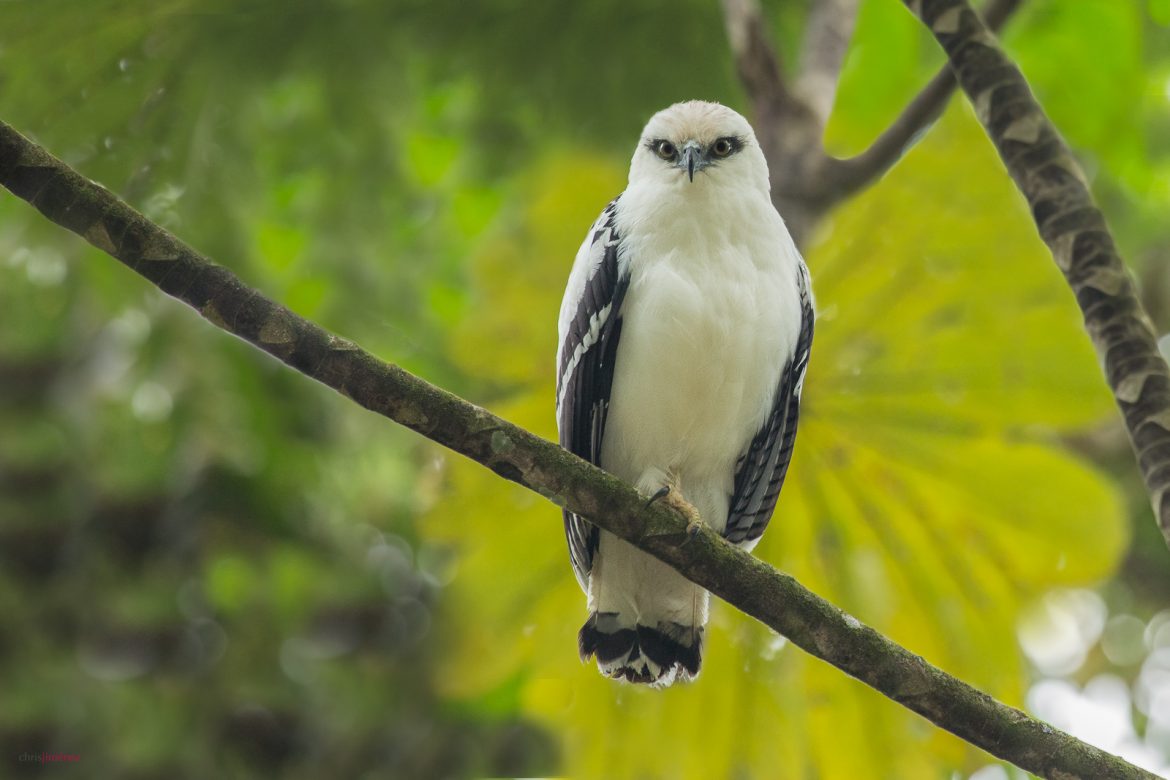Costa Rica News – I just returned from Costa Rica, my fifth visit, and it has become increasingly clear that Costa Rica is struggling valiantly to protect its 840 species of birds, many of which are in jeopardy. According to residents and government officials, the avifauna is in dire straits.
About 20 million tourists visit Costa Rica each year, many to view and photograph birds. A major push to stem avian population losses has become an economic necessity.
“The most important threats are the cage-bird industry and hunting,” confirmed researchers Alexander Skutch and Gary Stiles. “Almost anything larger than a small pigeon is hunted for food by the country folk.”
They added that it is a part of Costa Rican culture to have a parrot as a pet.
According to the Costa Rican Toucan Rescue Ranch, 50-60 per cent of Costa Rican households have pets illegally taken from the wild, mostly birds.
However, in 2017, the government banned the private possession of wild birds except under the authority of a permit.
“Now, people who illegally possess wild birds as pets face big fines, and even jail,” explained wildlife specialist Ronald J. to me. “In one case, a woman who was illegally keeping dozens of wild-taken parrots as pets was fined and sent to prison.”
During my previous visit, two years ago, illegally-trapped parrots and parakeets were being kept in about 20 per cent of the homes in the Sarapiqui district. All had their wings clipped to prevent flying and the birds were kept outdoors, day and night.
On my recent visit, in early January 2018, pet parrots were very scarce. It seemed the threat of prosecution has reduced the interest in taking parrots from the wild as pets.
On the other hand, in Costa Rica, the international illegal pet-bird trade is flourishing. A single great green macaw chick, taken from a wild nest, is worth US$2,000.00 on the black market, according to the Costa Rican director of customs. Inestimable numbers of trapped birds are smuggled from Costa Rica via San Jose’s Juan Santamaria International Airport.
“Traffickers are rarely caught,” one airport official admitted.
Also, illegal logging has reduced native forests by up to 70 per cent.
From Simcoe.com
Robert Alison earned his PhD in biology at the University of Toronto and has worked with the Ministry of Natural Resources. Reach him through newsroom@simcoe.com

